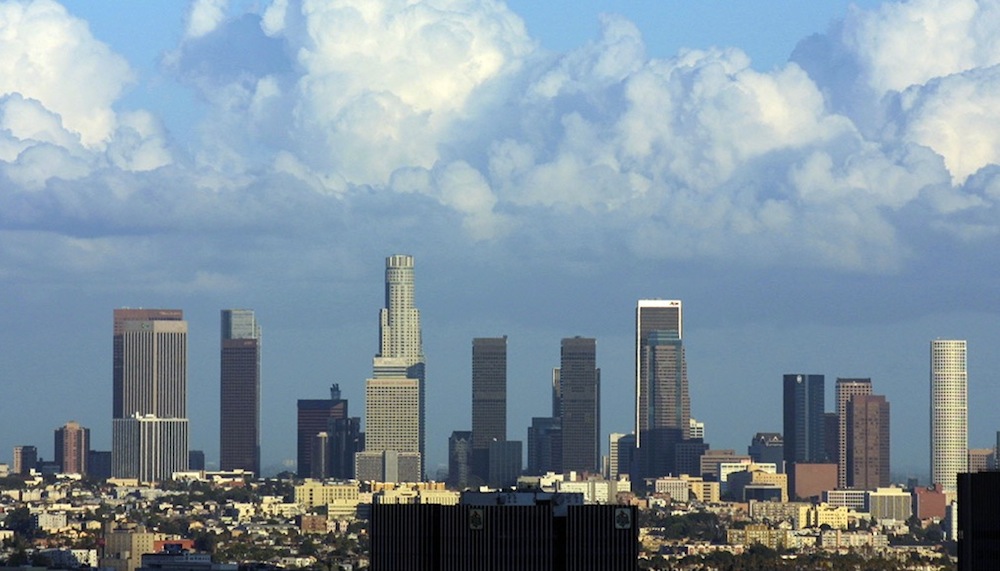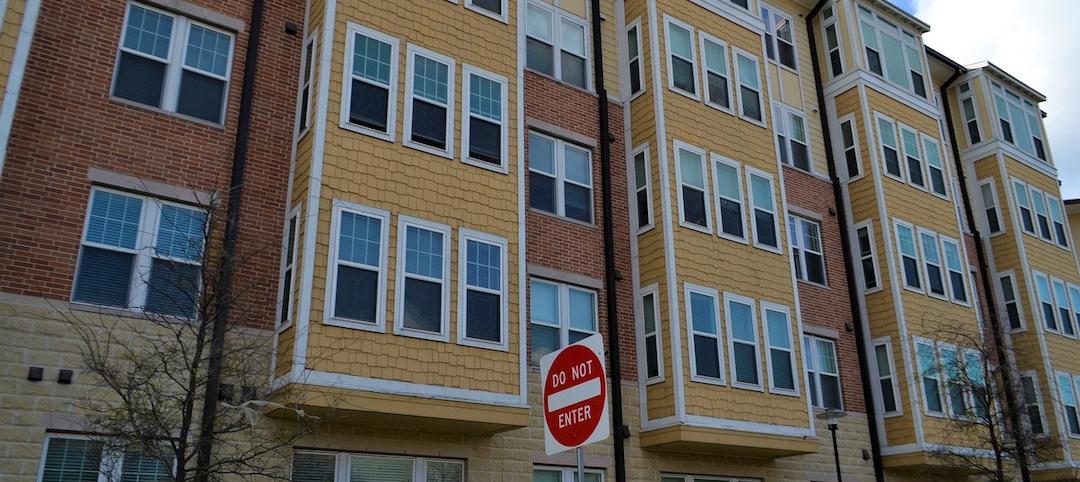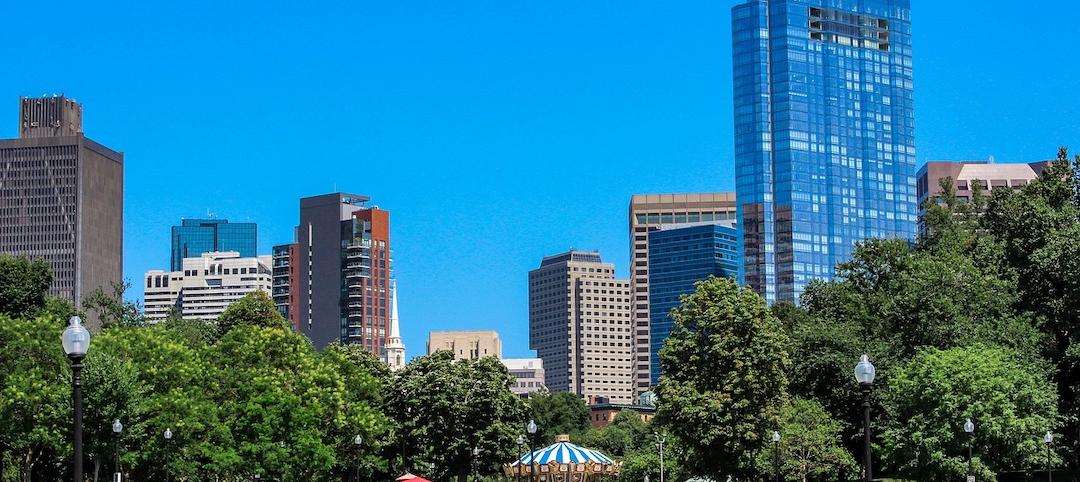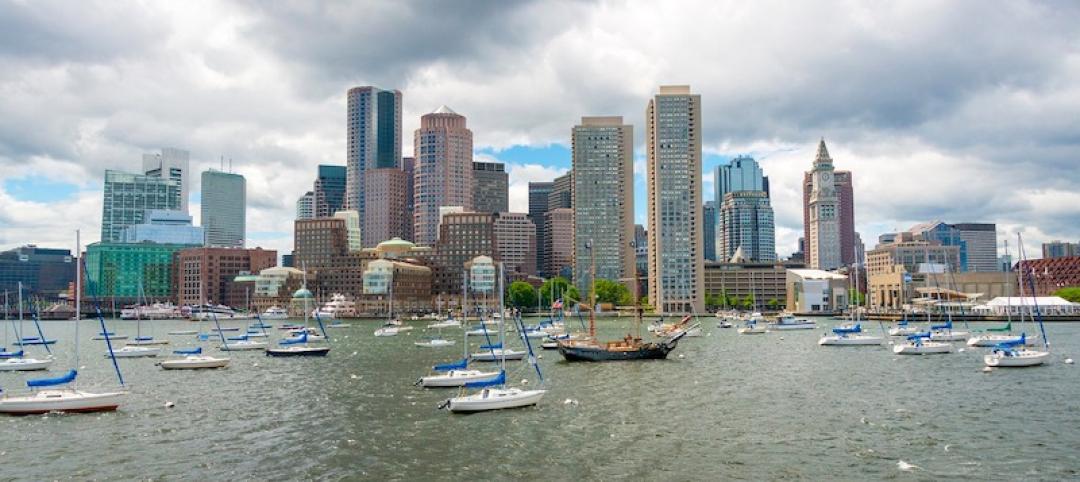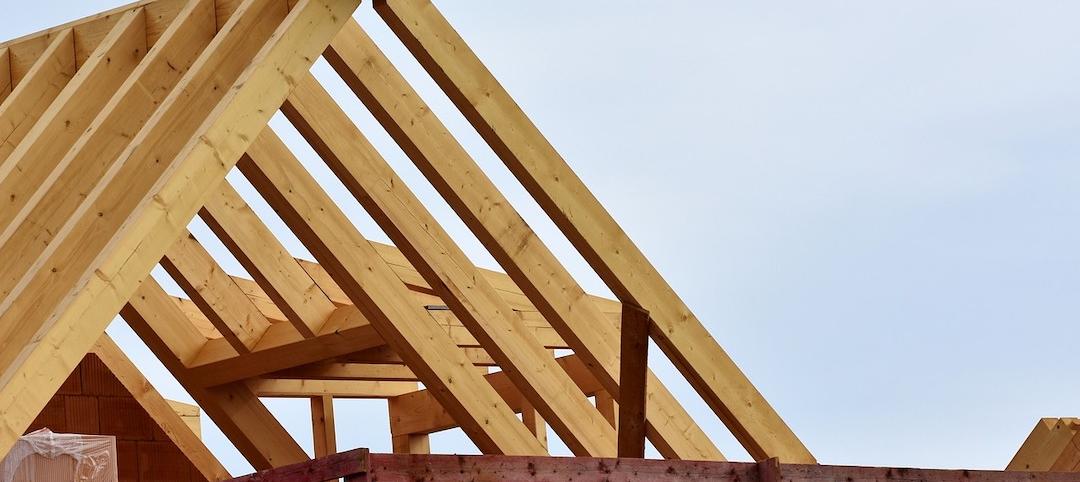Los Angeles reversed course last month on a regulation that had barred skyscrapers from having slanted roofs or spires. Most high-rises in the city have flat-topped roofs due to a decades-old rule meant to boost fire safety by requiring helicopter landing pads atop tall buildings.
The rule was unique among large cities in the U.S., according to city officials. New technology and design techniques have removed the need for such a rule, city officials say.
Architects had decried the old rule, saying it restricted creative building tops and prevented L.A. from having a distinctive skyline.
Under the new rule, builders will be able to construct high-rises that don’t have a helicopter pad on the roof if they include other safety features such as a fire service elevator or another set of exit stairs, automatic sprinklers, and a video surveillance system.
“Anyone who’s been to New York or cities like Shanghai, Hong Kong, and even San Francisco can see how the tops of building can help to define the identity of a city,” former City Councilman Mike Woo told the Los Angeles Times. “But for Los Angeles, for years, we have limited ourselves.”
(http://www.latimes.com/local/lanow/la-me-ln-skyscraper-flat-top-fire-rule-spires-20140929-story.html)
Related Stories
Codes and Standards | Oct 12, 2021
Three new laws expected to spur more affordable housing in California
Trio of measures could aid carbon reduction in built environment.
Codes and Standards | Oct 11, 2021
New program to promote mass timber construction launched in Boston
City’s planning and development agency to award grants for projects in early-stage planning.
Codes and Standards | Oct 6, 2021
Intl. Code Council publishes EV and building codes resource
Assists communities in setting policies for electric vehicle charging requirements.
Codes and Standards | Oct 5, 2021
Feds award $1 billion to renovate health centers
Funds will modernize existing infrastructure and cover other COVID-19-related capital needs.
Codes and Standards | Oct 4, 2021
Boston City Council approves mandate for major emissions cuts for large buildings
Applies to buildings 20,000 sf or larger—about 4% of city’s buildings.
Codes and Standards | Oct 4, 2021
HPD Collaborative and Green Seal to align standards
Will result in expanded options for manufacturers to enhance sustainability reporting and certifications.
Codes and Standards | Sep 30, 2021
U.S. has a deficit of 5 million homes
Builders unable to keep pace with demand.
Codes and Standards | Sep 29, 2021
Mass Timber group study will compare structural round timber to glulam products and steel
Will compare costs, capabilities, and carbon impacts of structural materials.
Codes and Standards | Sep 28, 2021
Massachusetts creates Commission on Clean Heat
First-of-its kind body to set targets for buildings to reduce emissions from heating fuels.
Codes and Standards | Sep 27, 2021
Commercial real estate industry faces SEC climate disclosure regulations
Risks associated with climate change would have to be revealed.


